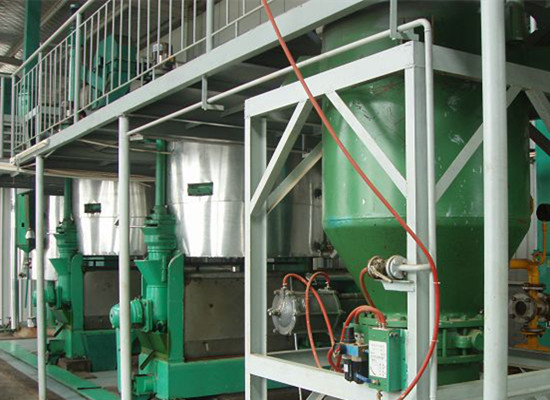High-Quality Soybean Oil Processing Plant | Efficient Soybean Oil Press Machine
2025-02-10
Qi'e Grain and Oil Machinery Co., Ltd.
Case study
Discover our state-of-the-art Soybean Oil Processing Plant designed to maximize oil yield while producing high-quality refined soybean oil and valuable by-products like soybean meal. Ideal for food industries, biodiesel production, and more.
Introduction to Soybean Oil Processing Plants
In the ever-evolving agricultural sector, a soybean oil processing plant plays a crucial role in extracting and refining oil from soybean seeds. This facility integrates advanced technologies and processes that convert soybeans into valuable products, primarily crude and refined soybean oil, alongside by-products such as soybean meal. The versatility of soybean oil makes it suitable not only for culinary applications but also for non-food industrial uses, highlighting its significance in modern agribusiness.
Key Processes in Soybean Oil Production
The soybean oil processing journey begins with a series of carefully calibrated steps aimed at ensuring maximum yield and quality. The process includes:
- Cleaning and Dehulling: Soybeans are first cleaned to eliminate impurities, followed by dehulling to remove outer skins, making the subsequent processes more efficient.
- Crushing and Conditioning: The dehulled soybeans are crushed into flakes and conditioned with heat to facilitate oil extraction.
- Oil Extraction: Utilizing methods such as mechanical pressing for smaller operations and solvent extraction for larger needs, up to 99% of oil can be harvested from soybean flakes.
- Filtration and Refining: Crude oil is filtered to remove impurities and can undergo refining processes to enhance its quality, making it suitable for food consumption.
- Packaging and Storage: The final refined or crude soybean oil is packaged or stored under optimal conditions to maintain freshness.
Components of a Soybean Oil Processing Facility
A typical soybean oil processing plant comprises various essential machinery, each serving a specific function:
- Cleaning Machine: Ensures raw soybeans are clean and ready for processing.
- Oil Press Machine: Allows for the mechanical extraction of oil from soybean flakes.
- Solvent Extractor: Maximizes oil recovery in large-scale operations.
- Refining Unit: Processes crude oil to meet food industry standards.
Advantages of Soybean Oil Processing Plants
The benefits of establishing a soybean oil processing facility are numerous:
- High Oil Yield: Advanced extraction methods lead to higher profitability through maximized oil recovery.
- By-products Integration: The production of soybean meal as a by-product adds an additional revenue stream.
- Scalable Production: Facilities are available in various sizes, enabling businesses to adjust operations based on demand.
Applications of Soybean Oil
The refined soybean oil produced in these plants finds applications across several industries:
- Food Industry: Commonly used in cooking and processed food products.
- Biodiesel Production: Acts as a primary feedstock for environmentally friendly fuel alternatives.
- Animal Feed: The protein-rich soybean meal is a valuable component in animal nutrition.
In conclusion, investing in a soybean oil processing plant offers a multifaceted opportunity encompassing food production, biofuel creation, and livestock feed. As industries continue to seek sustainable and efficient solutions, the value of soybean oil and its by-products remains undeniably significant. With the implementation of modern technology and processes, these facilities can cater to diverse market needs, ensuring a profitable venture for stakeholders within the agribusiness sector.




